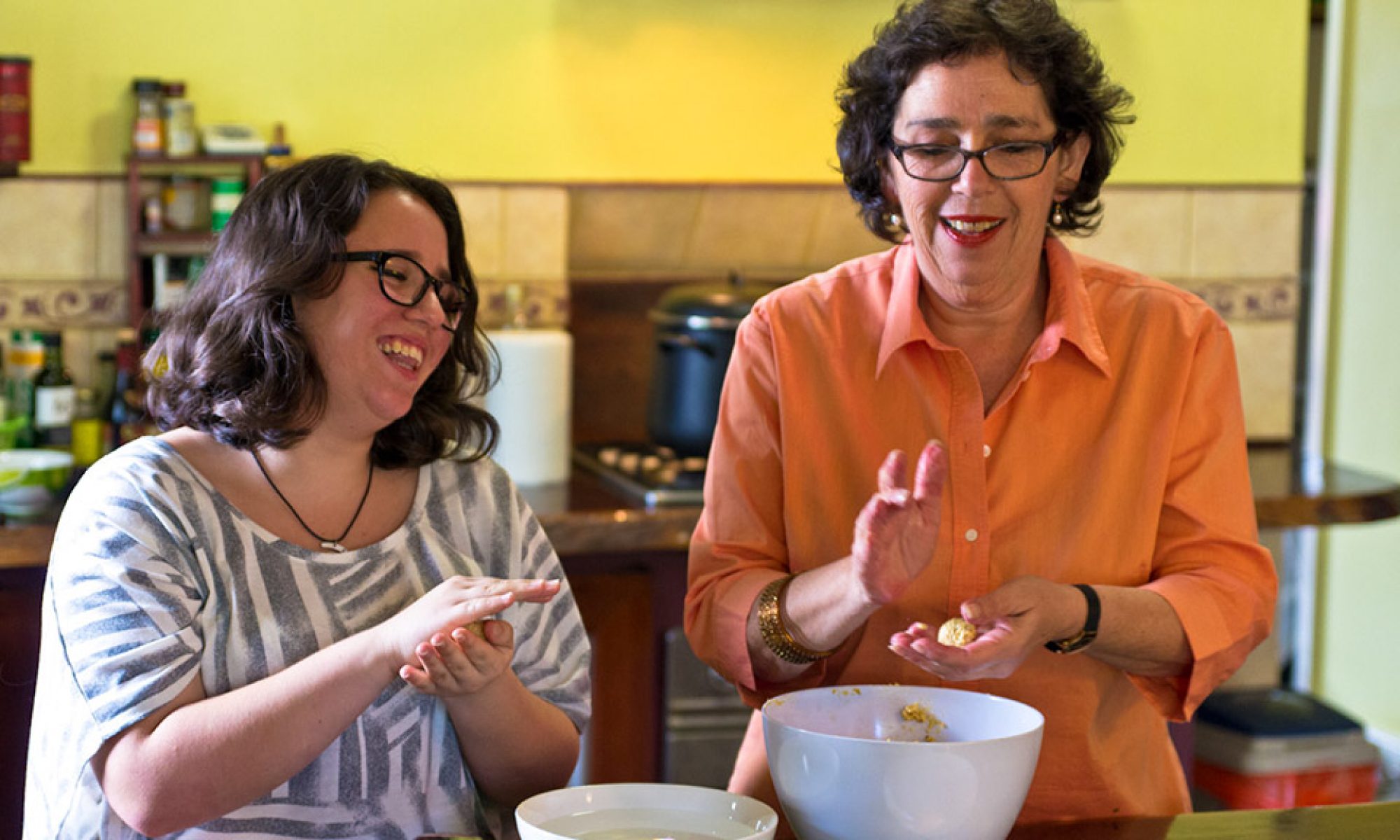So I’m in a bookclub. I gather they’ve been a thing for a while now, but I’m always a little behind trend. Last week we read Ruth Reichl’s Tender at the Bone: Growing Up at the Table (memoir 1998), which I’d recommended.
As you can imagine I’m a sucker for a culinary memoir and this one is a corker. After enduring a childhood spent attempting to save family and friends from her mother’s cavalier approach to food hygiene, Reichl went on to become a foodista par excellence – go figure!
The memoir ends as she begins restaurant reviewing, but she did became the feared restaurant critic for the NY Times. She gets there in her second memoir Comfort Me with Apples: More Adventures at the Table, though she has also published Garlic and Sapphires: The Secret Life of a Critic in Disguise (2005).
Reichl worked hard to remain anonymous, even disguising herself in drag, leading me to consider the protocols, ethics and indeed writing of the restaurant critic. You may not know that Nora Ephron (Heartburn, When Harry Met Sally, You’ve got Mail etc) began as a food writer, but she was never a restaurant critic. She is scathing on the subject, claiming that:
“The problem, though, is how to do without adjectives. If you write about food, you can’t really do without them; but if you do with them, you run the risk of writing sentences like: ‘The fish was juicy but the veal was stringy,’ or to sum up: ‘The noun was (complimentary adjective) but the other noun was (uncomplimentary adjective). This is a particular danger for food writers who review restaurants, which I have never done and never will. You have to draw the line somewhere.” (Heartburn p130)
Somewhat harsh? Having had a go myself (Fremantle Herald 1992-4) I shall only say that it is difficult to do well. Golden rule: never use yum, or yummy in any form other than yum cha. As for her disdain, if you are as old as I am and you ever read reviews by the legendary Sam Orr (aka Richard Beckett) in the very defunct Nation Review, you will know that restaurant reviews can be glorious to read.
We have no shortage of excellent reviewers and food writers in Australia, I regularly read John Lethlean in the Australian but there’s Terry Durack, Jill Dupleix, Matt Preston et al who all wield considerable power. Theirs is not an easy task, much as the idea of eating and drinking for a living may seem to be a dream come true! Critics walk the line between fairness to the public and to restaurateurs. Businesses can and have been ruined by bad reviews, but the public deserve to know. This is journalism after all.
The ethics of food reviewing are far from clear. Yes, the reviewer or their publication must pay for the meal. Not to do so is simply corrupt, or you are “profiling’ not reviewing. But what of the element of surprise? This is what I ask myself as critics build ever more public profiles, a far cry from Reichl in a trench coat and false moustache (my imagination at work here).
So here in not-as-provincial-as-it-was-Perth, we are enjoying an explosion of new culinary options, talent and ingredients. Meanwhile the clout is increasingly with the West Australian’s Rob Broadfield.
Broadfield is the man for the job: knowledgeable, eloquent and amusing. He is not without his critics, and is often taken to task for expressing disdain for the cashed up bogans of WA.
The first problem with this is that the man’s moon face is as recognisable as a jar of vegemite. As are the faces of food bloggers who increasingly encroach on what was the reviewers’ territory . They’re all over the net, and so is Broadfield. He’s on facebook.
He might well remain anonymous among suburban traders but any high-end restaurant in this town will know who he is, and chances are he will know them, quite well. This is a problem as is his penchant for high scoring top end restaurants whilst ignoring or low scoring humbler establishments in his weekly review, though many of these are addressed in the WA Good Food Guide which he edits.
This last week he reviewed Nobu at the Burswood Casino. I’ve never eaten at Nobu, I can’t afford to. I don’t resent those who can, all power to your sashimi I say. However we learn in this review (25/4/2005) of his reverence for Mr Nobu, who he has met and of conversations with Burswood management about his first review of Nobu. I was uncomfortable reading this, or was he coming clean? Broadfield begins by telling us that on the night “the first dish wasn’t a good start … it was unpleasantly sour”. He enjoys the subsequent dishes, but his partner’s $75 bento box is deemed “lacklustre, a little tired”. However he is very happy with the décor, service etcetera and concludes with “it is one of the best dining experiences in Perth, marred by a few mis-hits along the way”. He then awards it a seldom seen, 16/20. How can this be? How can he review humbler restaurants, rave about their flawless food and then award them say 13 or 14/15?
Shouldn’t restaurants be reviewed according to appropriate standards for their price and category? I can’t help thinking if I had to pay the bill at Nobu, I’d expect no “mis-hits”.

